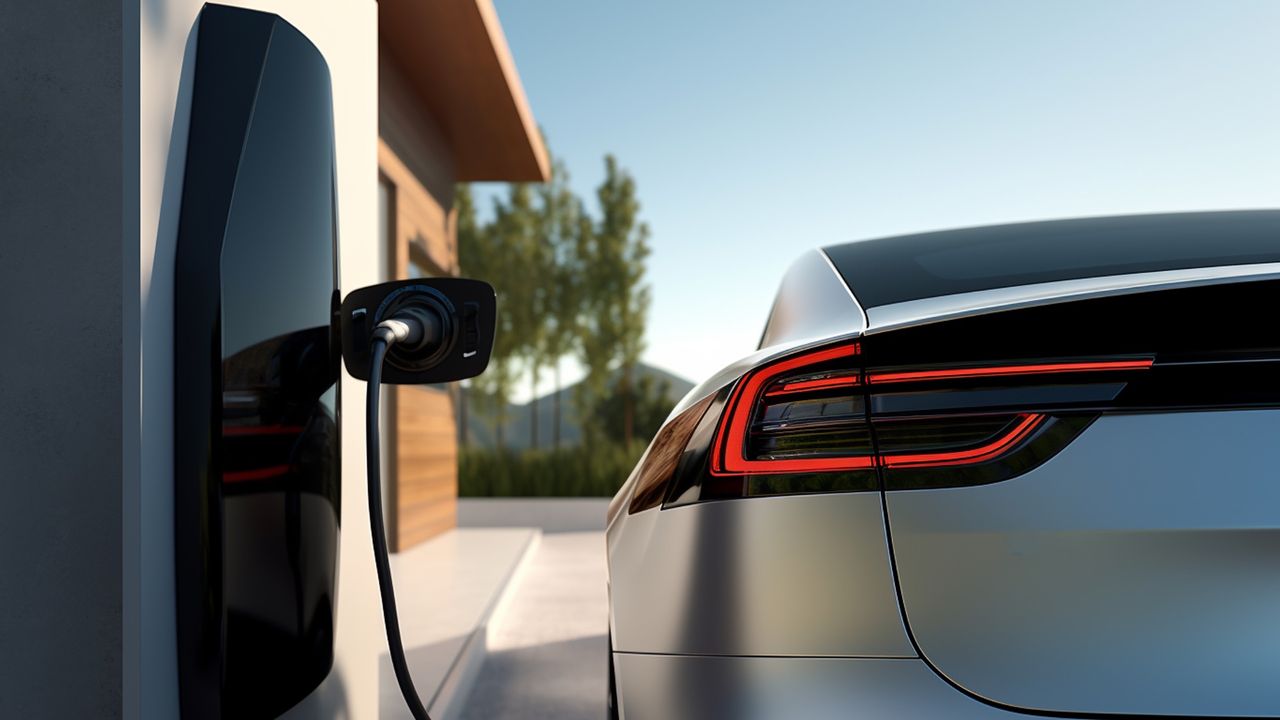Autonomous Driving and Electric Cars: Revolutionizing the Way We Move
Imagine a world where cars drive themselves, where our daily commute becomes a time for relaxation or productivity rather than stress and frustration. This is the promise of autonomous driving technology, a game-changer that is set to revolutionize the way we move.
Driverless Technology: The Future is Now
Driverless technology, also known as autonomous driving, is the pinnacle of innovation in the automotive industry. It involves the use of advanced sensors, artificial intelligence, and connectivity to enable vehicles to navigate and operate without human intervention.
Autonomous mobility is not just a buzzword; it is a reality that is already transforming the transportation landscape. Companies like Tesla, Waymo, and Uber are leading the charge in developing and deploying autonomous vehicles on public roads.
One of the key benefits of driverless technology is improved safety. According to the World Health Organization, over 1.35 million people die each year in road traffic accidents. Autonomous vehicles have the potential to significantly reduce this number by eliminating human error, which is responsible for the majority of accidents.
But safety is just the tip of the iceberg. Autonomous mobility has the potential to reshape our cities, reduce traffic congestion, and improve air quality. With connected vehicles communicating with each other and with traffic infrastructure, traffic flow can be optimized, reducing bottlenecks and delays.
The Rise of Electric Cars
While autonomous driving technology is grabbing headlines, another revolution is quietly taking place in the automotive industry: the rise of electric cars. Electric vehicles (EVs) are powered by electricity rather than fossil fuels, making them more environmentally friendly and sustainable.
With concerns about climate change and air pollution on the rise, electric cars offer a cleaner alternative to traditional gasoline-powered vehicles. They produce zero tailpipe emissions, helping to reduce greenhouse gas emissions and improve air quality in our cities.
But the benefits of electric cars go beyond the environment. They are also cheaper to operate and maintain compared to internal combustion engine vehicles. With fewer moving parts and no need for oil changes, electric cars have lower maintenance costs and can save drivers money in the long run.
Connected Vehicles: The Future of Mobility
Connected vehicles, or cars equipped with internet connectivity, are an integral part of the autonomous driving and electric car revolution. By connecting vehicles to the internet and to each other, we can unlock a whole range of benefits and services.
For example, connected vehicles can communicate with traffic infrastructure to receive real-time information about road conditions, traffic congestion, and available parking spaces. This information can then be used to optimize routes, reduce travel time, and improve the overall driving experience.
Furthermore, connectivity enables over-the-air software updates, allowing vehicles to receive the latest features and improvements without the need for a visit to the dealership. This not only enhances the driving experience but also ensures that vehicles are always up to date with the latest safety and performance enhancements.
The Future is Here
Autonomous driving and electric cars are no longer the stuff of science fiction. They are real, tangible technologies that are already transforming the way we move. From improved safety to reduced emissions and enhanced connectivity, the benefits of driverless technology and electric vehicles are undeniable.
As these technologies continue to evolve and become more widespread, we can expect to see even greater advancements in the way we get from point A to point B. The future of mobility is autonomous, electric, and connected, and it’s an exciting time to be a part of this revolution.
